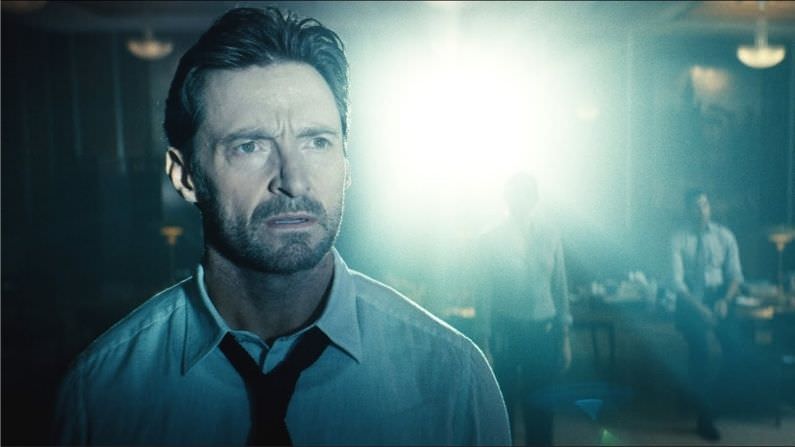It could be argued that all films are, in some way, about memory. It’s fragile comforts. It’s slippery unreliability as the narrator of our lives. I’m not referring to memory loss, per se, though certainly amnesia has been a thematic stalwart for directors since the beginning of cinematic time. I’m talking about the intentional, conceptual manipulation of memory in film, as a means of understanding why human beings define their existence as a collection of lived, and readily recallable, moments. Like I said, that could be every movie. But there are some who take this subtext and make it the central plot point. Relatively recent films like “Eternal Sunshine of the Spotless Mind,” “Memento,” “Total Recall,” “Inception” and even “The Minority Report” have toyed interestingly with how remembrance functions, and the subject is still far from fully explored.
Written and directed by “Westworld: co-creator Lisa Joy, “Reminiscence” proposes a near future where memories can be accessed technologically and re-lived for either nostalgic or investigative purposes. Hugh Jackman stars as Nick Bannister. He’s sci-fi gumshoe who works with Thandie Newton to literally immerse people in their past experiences by way of a water tank and a holographic projection system. When not working for the cops, the pair offer their services to regular folk and, of course, those two revenue streams eventually cross to form the central mystery of the plot. The best impression “Reminiscence” makes is not with its tech or its writing, but with its setting. The action takes place in a post-thaw Miami, where the sea has taken over the city and turned it into a sleek, modern Venice. It’s not a post-apocalyptic nightmare. The lights are on. Society seems to be functioning well enough. It’s kind of beautiful, if you look past the distinct class lines that underly all of it. Lisa Joy clearly learned a lot about world-building in “Westworld,” and her “Reminiscence” visuals are rich and believable.
Less believable perhaps, or at least less compelling, is the story being told. Where the patient contemplation of episodic prestige television helped Joy with the look of her first feature film, it might have set her up to fail with the script. The main characters never really settle into being, even though we have access to their inner lives through the machine and the noir narration from Bannister. That voice-over choice was a mistake, as was the commitment to the romance between Jackman’s character and Rebecca Ferguson’s misunderstood femme fatale Mae. Even though this marks the second time in four years we’ve seen Jackman fall under the spell of Ferguson’s singing, they don’t gel here, at all. And this is not because our exposure to their arc as a couple is fragmented by structural necessity. Viewers can be trusted with non-linear exposition, so long as the center holds. But they can’t be asked to make so many leaps of logical and emotional faith. The motivations and consequences of “Reminiscence” are too often obscured by style and editing. And assumptions of trust are too regularly made on our behalf. All of this results in plot gaps that make the epiphanies and intimacies ring very hollow. Lisa Joy has an amazing eye, and a great sense of human complexity. Her eventual mastery of the 2-hour template is something I’m very excited about.
“Reminiscence” relies on a high level of film literacy in its audience. In addition to the lushness of the surroundings, our understanding of the rules typically employed by the memory film genre is called upon to forgive a disappointing, short-hand approach to the crafting of the people in this story. It’s never enough.






